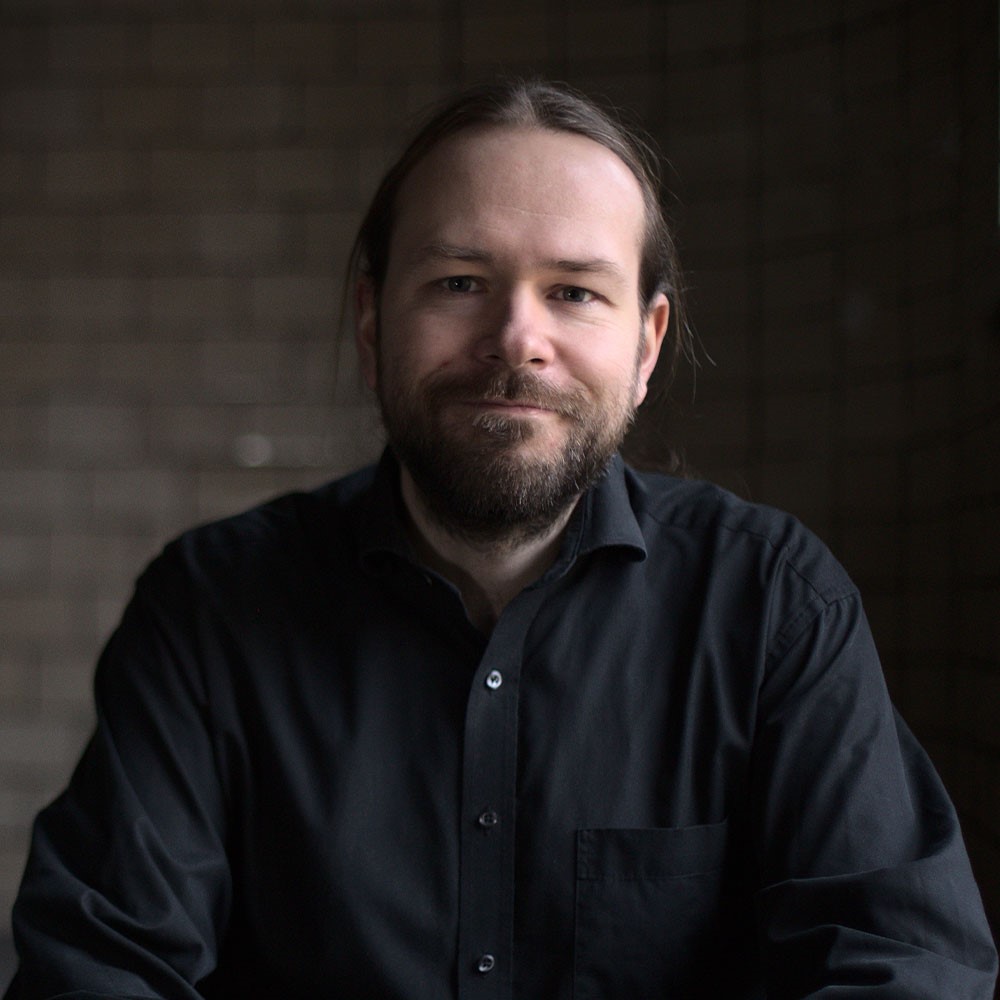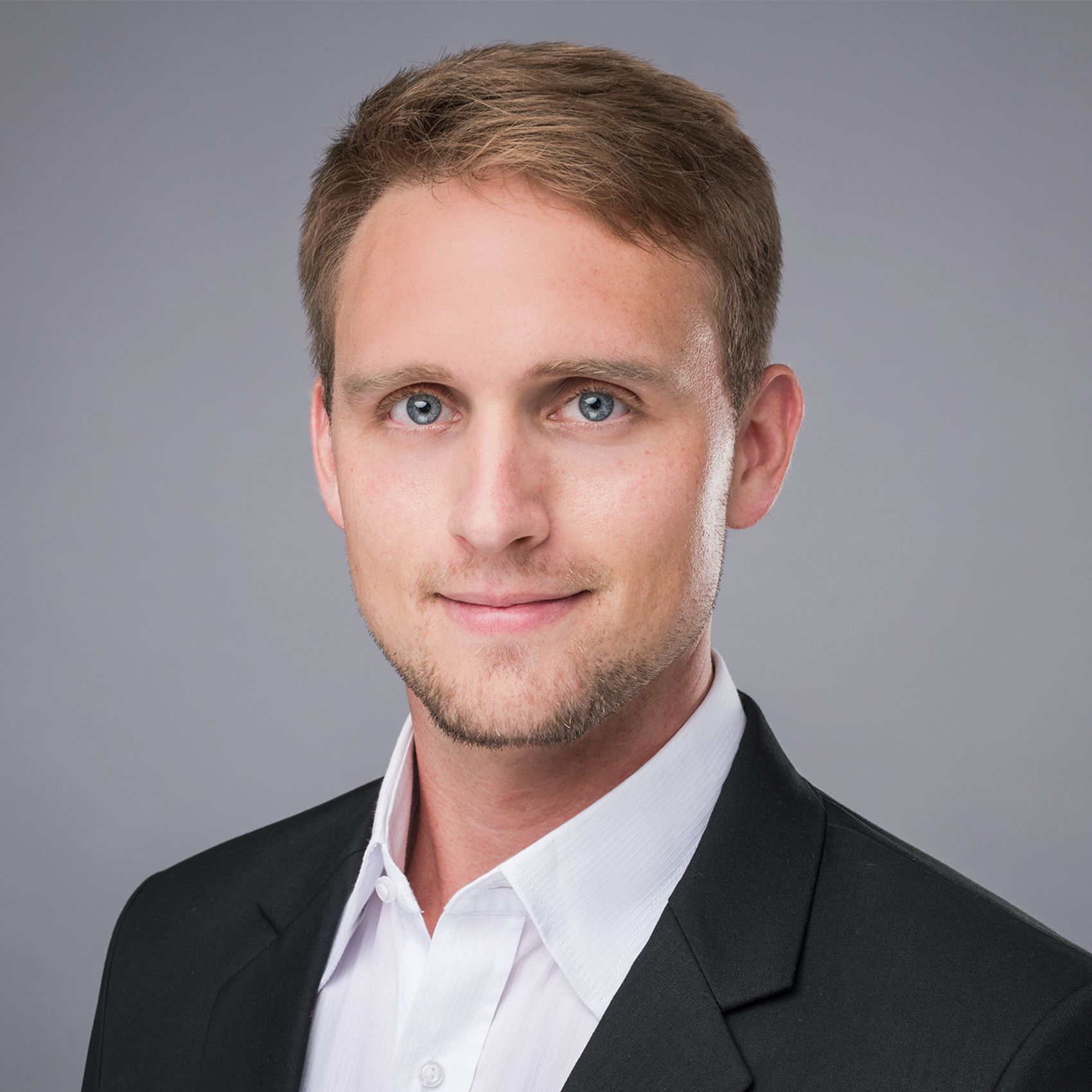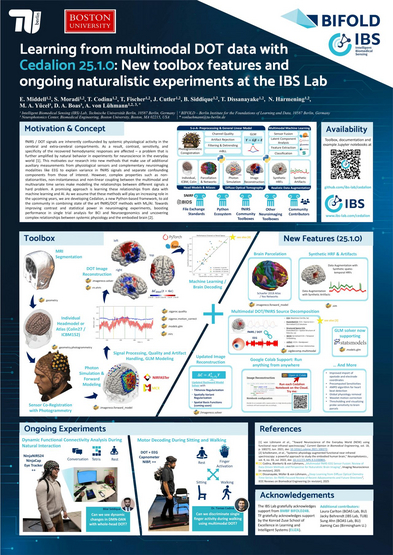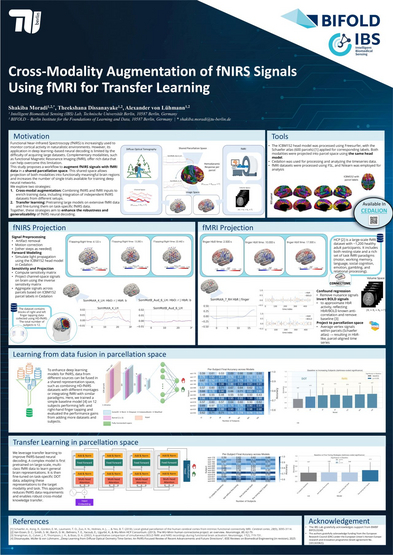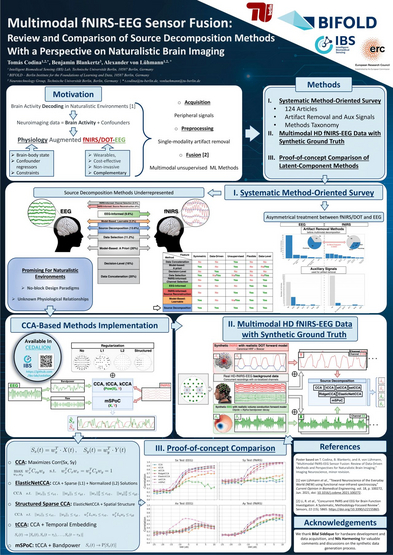IBS Lab Showcases ERC Research at fNIRS UK 2025 in Cambridge
On 18–19 September 2025, researchers from the Intelligent Biomedical Sensing (IBS) Lab at BIFOLD, supervised by Alexander von Lühmann, will contribute to the fNIRS UK 2025 conference at the University of Cambridge.
This interdisciplinary two-day meeting brings together UK and neighbouring communities working with functional near-infrared spectroscopy (fNIRS) and related neuroimaging methods. The program includes workshops, tutorials, keynote talks, poster sessions, and presentations on the latest developments in brain imaging and data analysis.
The IBS Lab will showcase recent ERC Starting Grant research that aims to advance optical neuroimaging by integrating multimodal data and machine learning:
Workshop: Cedalion - A Python-based framework for data-driven analysis of multimodal fNIRS & DOT
A hands-on introduction to Cedalion 25.1.0, the lab’s open-source toolbox for multimodal fNIRS/DOT analysis. Cedalion enables machine learning pipelines and supports naturalistic experimental designs.
Presenation by Eike Middell
Organizers: Eike Midell, Alexander von Lühmann, David Boas
Workshop website: https://fnirsuk.gitlab.io/programme.html
More information on Cedalion: www.cedalion.tools
Poster Presentations
Multimodal fNIRS-EEG Sensor Fusion
A systematic review and proof-of-concept comparison of data-driven source decomposition methods for naturalistic brain imaging. The session highlights promising strategies for combining fNIRS and EEG data, offering new perspectives for multimodal fusion in neuroimaging research.
Authors: Tomas Codina, Alexander von Lühmann and Benjamin Blankertz
Presentation: Tomas Codina
Poster
Cross-Modal Augmentation & Transfer Learning
An exploration of how large-scale fMRI datasets can be leveraged to train deep learning models for DOT/fNIRS. The approach aims to improve neural decoding by enabling models that are more robust and generalizable across contexts and modalities.
Authors: Shakiba Moradi, Theekshana Dissanayake and Alexander von Lühmann
Presentation: Shakiba Moradi


